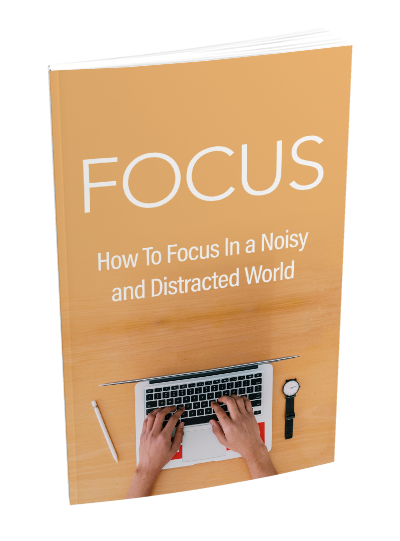Recognition of Prior Learning (RPL) Accredited Learnerships
Recognition of Prior Learning (RPL) Accredited Learnerships
At Business Optimization Training Institute (BOTi) we are well positioned to offer SETA Accredited Learnerships throughout South Africa. BOTi is accredited with Services SETA for 12 qualifications and MICT SETA for End User Computing. Of the 13 qualifications, we offer 5 Recognition of Prior Learning (RPL) Learnerships.
What is Recognition of Prior Learning (RPL)?
Recognition of Prior Learning (RPL) refers to the comparison of the previous learning and experience of a learner obtained against the learning the learning outcomes required for a specified qualification, and acceptance for purposes of qualification of that which meets the requirements. RPL entails that the learner is assessed to prove his/her competence against a chosen qualification.
Learnership Benefits
-
Financial
All employers who have an annual payroll of in excess of R500 000 are required to pay a skills levy that is equal to 1% of their annual payroll in terms of the Skills Development Act and Skills Levy Act.
-
Mandatory Grants
With a Mandatory Grant it is possible to claim back a significant portion of training spend. 20% of a company’s total annual skills development contribution can be claimed back as a Mandatory Grant by those companies that have submitted their Workplace Skills Plan (WSP) and their Annual Training Report (ATR) by 30 April 2020.
-
Discretionary Grants
Business Optimization Training Institute can assist you to apply to a specific SETA for a Discretionary Grant should you qualify. Discretionary Grants are usually awarded on the National Qualifications Framework for PIVOTAL Training Programmes in respect of qualifications or part qualifications. Each SETA has a specific window period during which time claims in respect of grants can be submitted.
-
Tax
For all training that is carried out, and where a formal learnership agreement exists, employers will be eligible to claim a tax deduction for a Learnership Allowance in terms of Section 12H of the Income Tax Act.
For each respective year of assessment that the Learnership Agreement is in place, the Annual Allowance may be claimed. It will be apportioned if the Agreement does not cover the full tax year. For the year in which the employee successfully completes the Learnership the employer will be entitled to submit a once-off Completion Allowance.
-
- Learnership Allowance rates
- Annual Allowance
- Learnership Allowance rates
NQF Levels 1 – 6 R40 000
NQF Levels 1 – 6 R60 000 (for employees with a disability)
NQF Levels 7 – 10 R20 000
NQF Levels 7 – 10 R50 000 (for employees with a disability)
-
-
- Completion Allowance
-
NQF Level 1 – 6 R40 000
NQF Level 1 – 6 R60 000 (for employees with a disability)
NQF Levels 7 – 10 R50 000 (for employees with a disability)
- B-BBEE
In terms of the BBBEE Scorecard, the Skills Development component is a priority. Hence, it carries 20 points plus an additional 5 bonus points. To avoid dropping a level a minimum of 40% of these points should be achieved and training spend should amount to 6% of annual payroll in order to achieve full points.
- Workplace
Benjamin Franklin was quoted to have said: “Tell me and I forget, teach me and I may remember, involve me and I learn.” The same applies to actively engaging with your employees. It goes without saying that your employees will greatly appreciate any opportunity you give them to learn and grow. Continuous learning keeps things from becoming staid and boring by helping to stimulate a flow of fresh ideas which in turn ensures that staff are sufficiently motivated. When employees are enrolled for Learnerships that lead to an accredited qualification, this commitment not only develops their skills, it is an investment in the growth of your business.
You might also enjoy: “To mentor or not to mentor” – On building self-knowledge in coaching and mentoring


